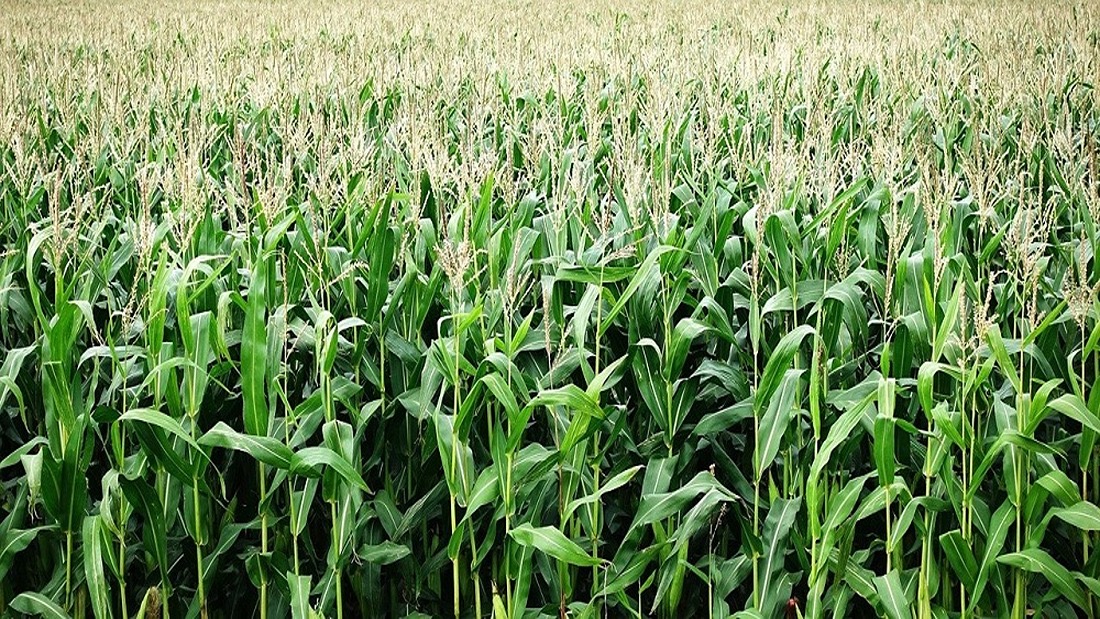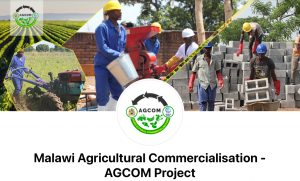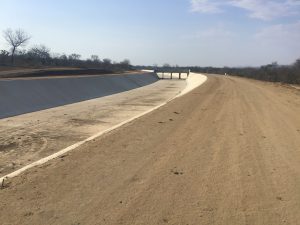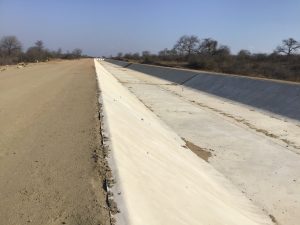
* Government pushing for agricultural mechanization, commercialization, and industrialization through Mega Farms concept
* Which are aimed at establishing large production units for increased agricultural production
* Farming communities are being organised into cooperatives and alliances that can grow crops at scale
* And add value for both local and international markets
By Duncan Mlanjira
President Lazarus Chakwera emphasizes that it goes without saying that the country cannot transform the economy without revitalizing its primary sector of agriculture, saying “this must go beyond social protection programmes like affordable inputs programme (AIP)”.

Advertisement
Thus he said in his State of the Nation Address (SONA) on Friday that his administration is “pushing for agricultural mechanization, commercialization, and industrialization” — through Mega Farms concept.
He announced that the government has successfully embarked on the mega farms, which are aimed at establishing large production units for increased agricultural production.
“We have already established two mega farms in Chipoka in Salima and Nkopola in Mangochi with 200 hectares of maize currently under cultivation in Mangochi and 80 hectares of cotton under cultivation and production in Chipoka.
“Additionally, through the Agriculture Commercialisation Project (AGCOM), we have also allocated US$6 million to Katunga Maseya Cooperative to invest in a mega sugarcane farm in Chikwawa. It is also worth mentioning that other entities such as the Malawi Prison Services and Malawi Defence Force have established their own mega farms.”

Speaking of agricultural commercialisation, the President said the government has been organizing farming communities into cooperatives and alliances that can grow crops at scale and add value for both local and international markets.
“Through AGCOM, we have successfully established 345 Productive Alliances throughout the country and made a total of US$23 million in investment through matching grants. Currently, the program is supporting over 74,000 farming households across the country including 43,880 women, 30,200 men, and 20,572 youth.
“In the past year alone, AGCOM increased value of gross sales by producer groups to US$18.5 million against a target of US$10 million. This is wealth creation at household level where it matters most.
“A critical part of our agricultural commercialization drive is the need for ambitious programmes to get us ready for the international markets we have been securing, such as the United Arab Emirates. The beginnings of this journey is the livestock infrastructure development project, which aims to construct 50 state-of-the-art livestock service centers.”
Intensive Irrigation
“Another clear policy direction is that we are intensifying irrigation systems and moving away from reliance on rain-fed farming. We have launched various irrigation schemes across the country, including rural irrigation schemes, but we have also intensified the progression of the Shire Valley Transformation Project.


“Examples of irrigation schemes in progress include Wowo in Phalombe, now at 74% completion; Lingoni now at 83% completion; and the Matoponi now at 74% completion; Mafinga in Chitipa, now at 65% completion; Marko in Chitipa, now at 61% completion; and Mlooka in Zomba, now at 10% completion.
“Similarly, the rehabilitation of five other irrigation schemes, including Ukanga, Wovwe, Mphinga, Chonanga and Hara, is already underway, while Mzenga in Nkhata Bay will be starting soon. As you can imagine, once all these schemes are done and operational, our agriculture sector will be flying.”
Seed Development
“There can be no agricultural revolution without seed development — that is why we have pursued the enactment of the Seed Bill 2022, the review and gazetting of new seed regulations and procedures, the development of a business plan for transforming the Seed Services Unit, the appointment of an Authority Board, and the establishment of a Fund for the Authority.
Tourism
“Although Tourism is Malawi’s third foreign exchange earner after tobacco and tea, we are taking decisive steps to maximize its potential and increase its contribution to our GDP and forex generation.
“In particular, my Administration has adopted and is pursuing the following policies:
* The waiving, with immediate effect, of all Visa fees for nationals from the following key tourism markets: i) the United Kingdom; ii) United States of America; iii) the Netherlands; iv) Germany; v) Australia; vi) Belgium; viii) Italy; ix) France; x) Poland; xi) Nordic Countries (Norway, Finland, Sweden) and xii) future markets, including China, Russia, and Canada;
* The completion of negotiations to introduce direct flights into the country from major tourism markets;
* The launch of an aggressive international media marketing campaign in strategic places and through strategic personalities and platforms around the world and on the web, showcasing Malawi’s unique tourist attractions;
* The improvement of roads to key tourism sites;
* The review of the Malawi Lake Services Concessionaire to improve its terms towards the growth of tourism activities on Lake Malawi;
* The zoning and securing of land, especially under the Lakeshore (development of plots) control order, for use by major investors who can put up tourism infrastructures along the lake; and
* The engagement of tourist enterprises and hospitality industry players with incentives for the development of special packages for Malawians to boost local tourism.



Advertisement
